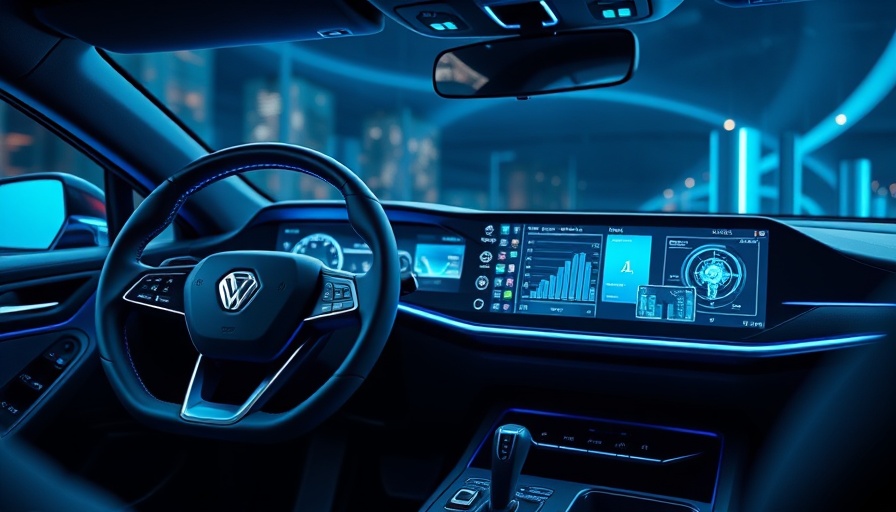
Overview of Software-Shaped Mobility Advances at CES
The recent Consumer Electronics Show (CES) provided a startling showcase of how software is reshaping the automotive industry. From autonomous driving capabilities to advanced infotainment systems, technology is steering the sector towards a new era of mobility. For dealer principals, general managers, and finance managers, these innovations spell significant shifts in sales strategies, operational efficiency, and customer engagement.
Historical Context and Background: The Journey of Automotive Software
Historically, vehicle innovation was defined by hardware developments, with software playing a supplementary role. Fast forward to today, the evolution toward software-defined vehicles allows for enhanced customization, real-time diagnostics, and the ability to offer over-the-air updates. This shift began with the early 2000s' introduction of ECU (Engine Control Units) and has now culminated in smarter, more connected cars.
Future Predictions and Trends: What's Next for Automotive Software?
Looking ahead, the future of automotive technology will be heavily influenced by AI and machine learning, paving the way for fully autonomous vehicles and smarter cities. This trend not only allows for increased safety and personalization in vehicles but also opens up new business models, such as subscription-based car features. Keeping abreast with these trends positions automotive leaders to capitalize on upcoming opportunities.
Unique Benefits of Knowing This Information
Understanding the impact of software advancements in automotive mobility is crucial for professionals in the industry. By recognizing these emerging technologies, stakeholders can streamline their operations, provide enhanced customer experiences, and ultimately, optimize their financial performance. Whether it’s embracing AI-driven analytics or leveraging connected car data for proactive sales strategies, the know-how offers a significant competitive edge.
0 Views
0 Comments
 Add Row
Add Row  Add
Add 




Write A Comment